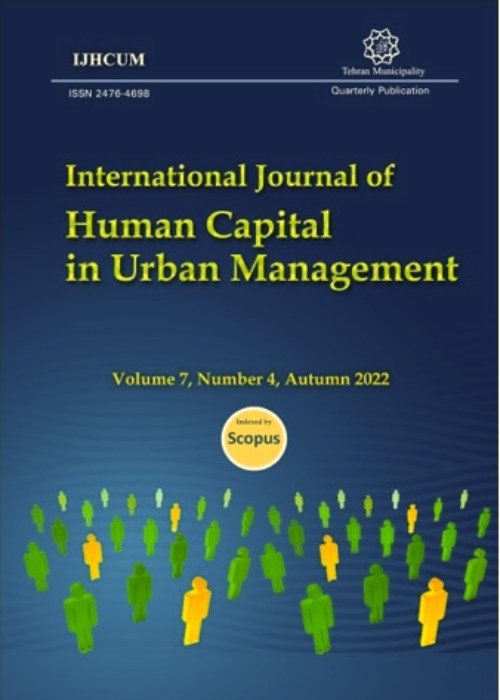Experts profiling on a healthier built environment: lowering the threat of climate change
There are indications that climate change and its consequences are already creating threats to the built environment in Nigeria. These environmental threats have negative implications for healthy, well-being, and urban sustainability. This empirical study aim to identify how climate change has influenced the built environment in Nigeria's South-Western region, considering the following
to explore the reasons for climate change in South-western, Nigeria, to determine the consequences of environmental issues on inhabitant health in South-western, Nigeria; and to critically determine the key measures of climate change mitigation and adaptation to enhance the environmental sustainability of the Southwestern region of Nigeria.
An empirical quantitative method comprising 300 questionnaires survey was administered, and 235 were retrieved and used as a sample population for the research analysis. The distribution of questionnaires was based on the convenience sampling methods among professionals within the built environment. The internal consistency was assessed using Cronbach's alpha (α), and the analysis was performed using the Statistical Software program; SPSS for Windows, version 22.
The results from descriptive analysis revealed that Land-degradation, biodiversity loss, pollution, deforestation, urbanization, health challenges and population growth are predictors factors of climate change with mean scores of 4.2576, 4.2300, 4.0775, 4.0875, 4.1075, 3.8450 and 4.0925 respectively. Furthermore, the research showed a causal linkage relationship of climate change and the factors of land degradation, biodiversity, pollution and deforestation of (p<0.001). Generally, the results affirm that the predictors of climate change are attributed to the factors of land degradation, biodiversity loss, pollution, urbanization and deforestation in the region.
The research gives an understanding about the impacts of climate change in the south west region, Nigeria and remains a veritable document to government and policy maker towards the prevention and mitigating measures on climate change impacts. The outcome of the research has revealed negative impacts of environmental issues on inhabitants’ health through air pollution, temperature related effects and mental related infectious diseases. The climate change mitigation and adaptations results agreed that greening the environment/green infrastructure, provision of stronger urban-rural connections and promulgation of law that discourages human activities impacts are few among the items recommended in mitigating and combating the impacts of climate change in South-western Nigeria.
- حق عضویت دریافتی صرف حمایت از نشریات عضو و نگهداری، تکمیل و توسعه مگیران میشود.
- پرداخت حق اشتراک و دانلود مقالات اجازه بازنشر آن در سایر رسانههای چاپی و دیجیتال را به کاربر نمیدهد.


